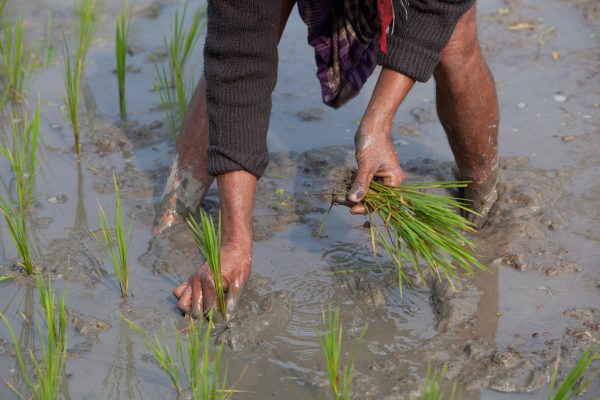Prophyta – The Annual is a journal that appears yearly at the occasion of the ISF World Seed Congress, in 2014 organized in Beijing in May. The 2014 edition paid attention to the role of the seed industry in extending a helping hand to smallholder farmers in developing countries. Also the Access to Seeds Index was highlighted in the article, see ‘Ranking a top ten’ below:
Ranking a top ten
An approach to stimulate seed companies to do more for smallholder farmers is the Access to Seeds Index, an organisation initiated and financed by the Dutch government. Following the example of the Access to Medicine Index, the plan is to publish every two years a ranking of companies that support commercially sustainable ways that provide farmers with access to good seeds. The list will identify positive actions and best practices. It is hoped that peers will want to emulate. The goal is to enable farmers to grow more diverse and healthier crops, achieve superior yields and build a successful business. This may contribute to food security and help to reduce poverty.
Last year, it received a positive reaction in Addis Ababa, Ethiopia, from representatives of farmers’ organisations. In October 2013, seed companies and other stakeholders met in Washington D.C. to discuss the matter. So far, the seed companies show mixed feelings. They wonder how the ranking will be made, and whether the ranking will be a pat on the back of those who top the list, or a disgrace to those who end lower. Furthermore, the competition is felt to be unfair, as not all companies are involved in global markets or have knowledge or products that are suitable to smallholder farms in Africa. On the other hand, for multinationals with a wide range of products it might turn out to stimulate them to show their corporate social responsibility.
The idea is to create two indexes: one for field crops and one for vegetables. The methodology of the index, the technical areas and indicators, are all based on a multi-stakeholder agenda developed in a roundtable dialogue with all the relevant stakeholders. Seed companies will be asked to fill in an elaborate questionnaire and these data will be combined with publicly-available information on those companies that decide not to participate voluntarily.




